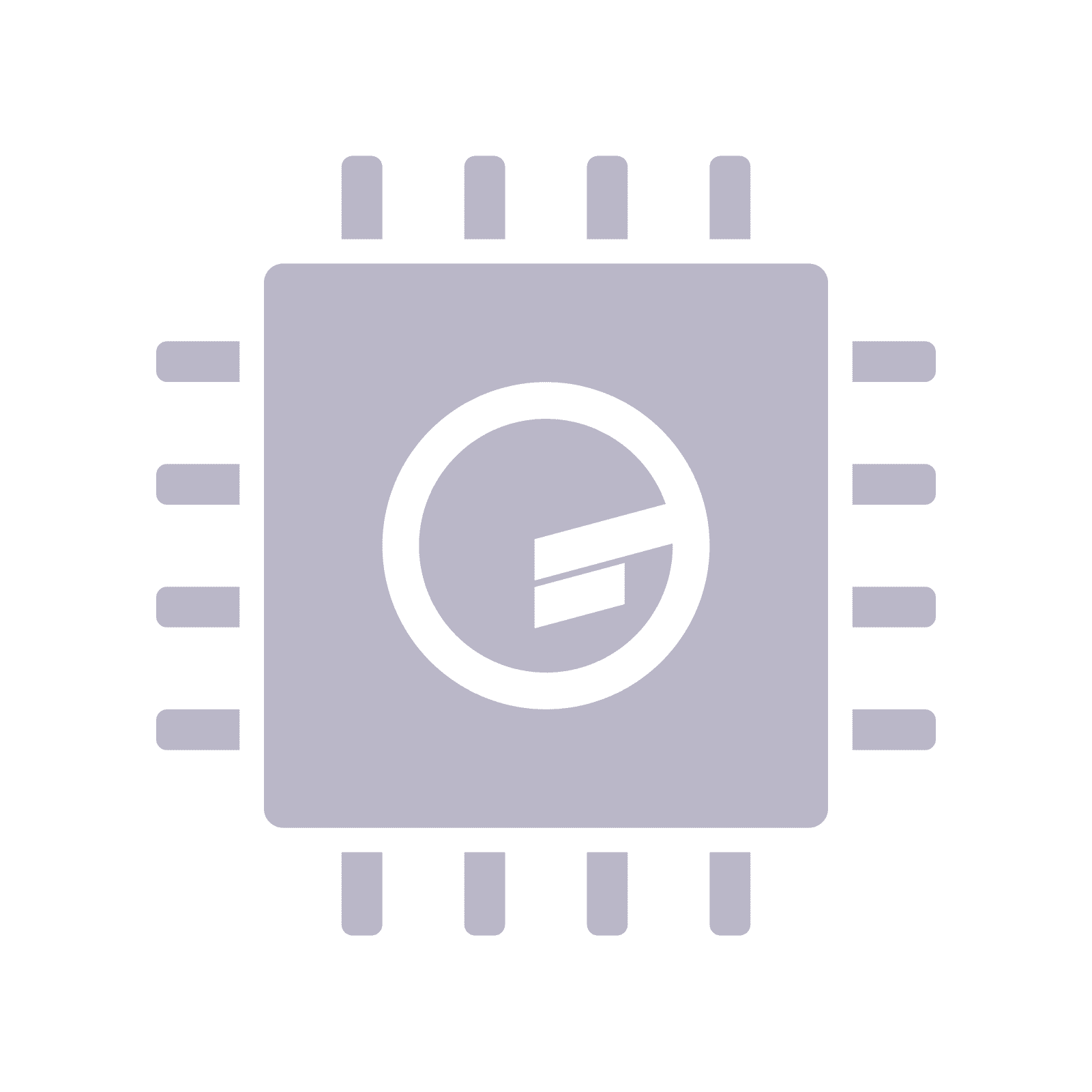ADL5506ACBZ-R7
- Description
- RF Detector IC General Purpose 3MHz ~ 4.5GHz -45dBm ~ 5dBm ±1dB 6-UFBGA, WLCSP
- Frequency
- 30MHz
- Mount
- Surface Mount
- Datasheet

Quantity
Let us do the sourcing. Even if it's not available now, our team can track it down and tailor a solution just for you.
- Frequency Range: 3MHz to 4.5GHz
- Detection Range: -45dBm to 5dBm
- Precision: ±1dB
- Compact 6-UFBGA Package
- Max Operating Temperature: 85°C
- Min Operating Temperature: -40°C
The Analog Devices RF Detector IC is designed for general-purpose applications within the frequency range of 3MHz to 4.5GHz. This versatile component offers a detection range of -45dBm to 5dBm with a precision of ±1dB, making it an essential choice for various RF applications. Packaged in a compact 6-UFBGA format, it ensures efficient space utilization while maintaining high performance across a wide bandwidth. With its robust thermal characteristics, this RF detector operates reliably in demanding environments.
This RF Detector IC is designed for general-purpose applications over a frequency range of 3MHz to 4.5GHz, providing efficient signal detection with a sensitivity of -45dBm to 5dBm and a tolerance of ±1dB. It is commonly used in wireless communication, instrumentation, and consumer electronics, making it ideal for engineers and developers working in RF design and signal processing. Its surface mount packaging and robust temperature range make it suitable for various industrial applications.
Fusion’s in-house quality hubs and Prosemi testing facility are fully certified to meet critical industry standards for electronic component inspection and testing.
Quantity
Let us do the sourcing. Even if it's not available now, our team can track it down and tailor a solution just for you.